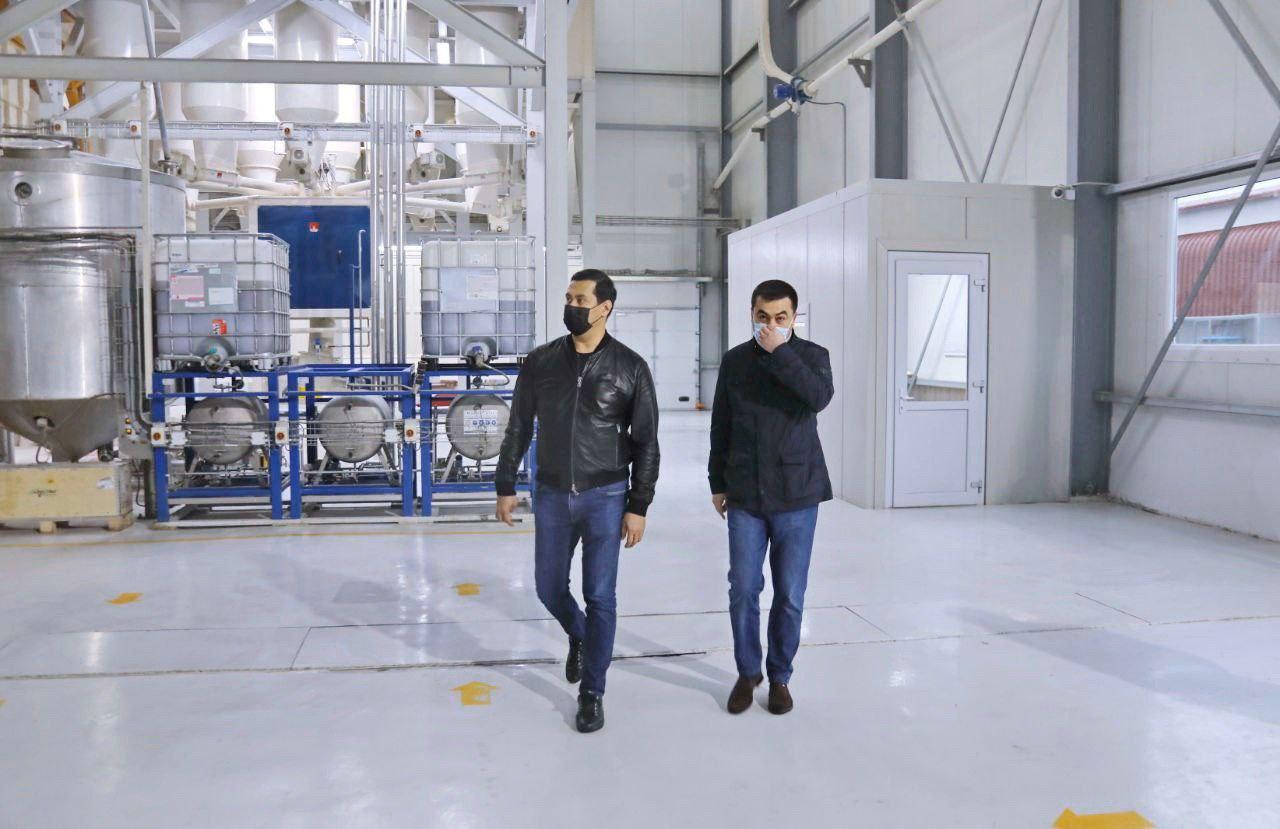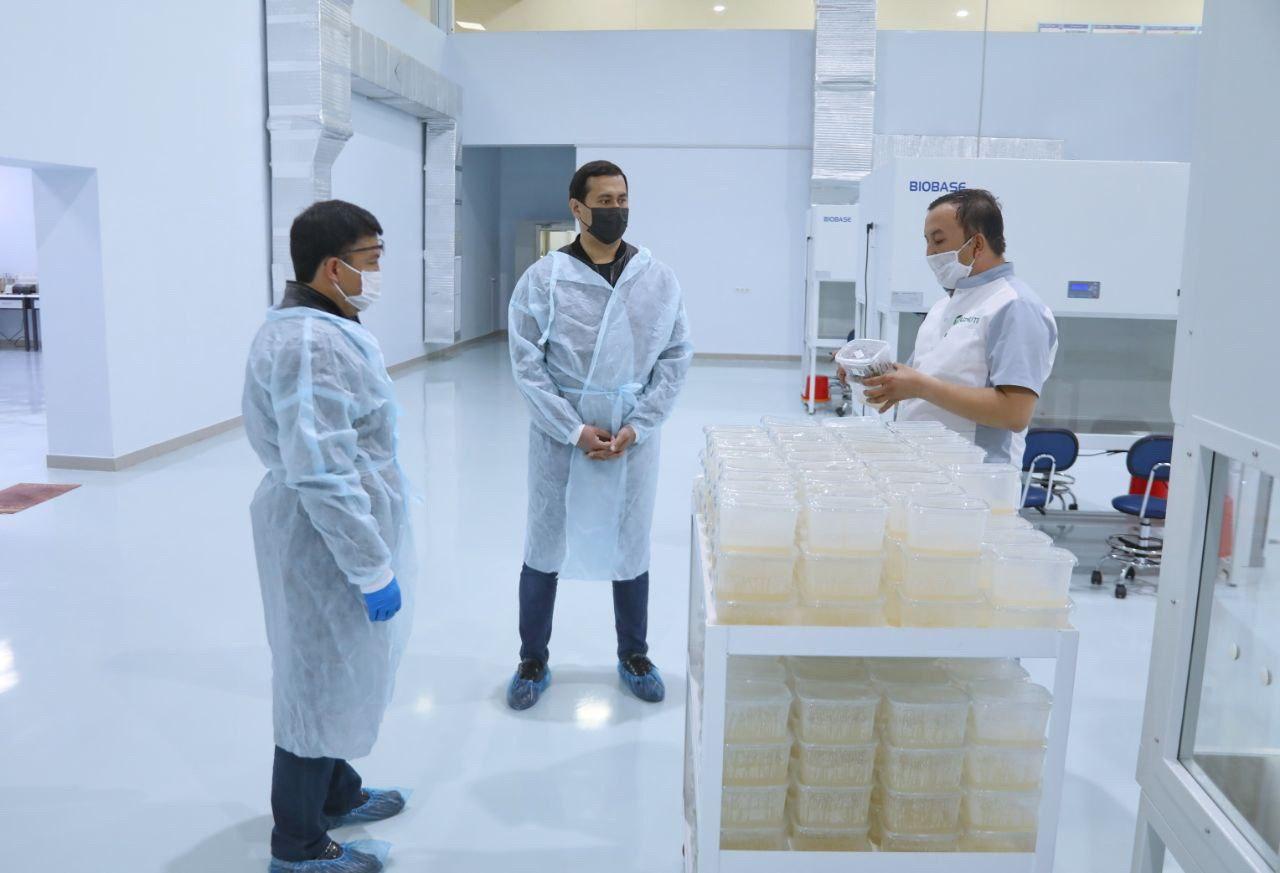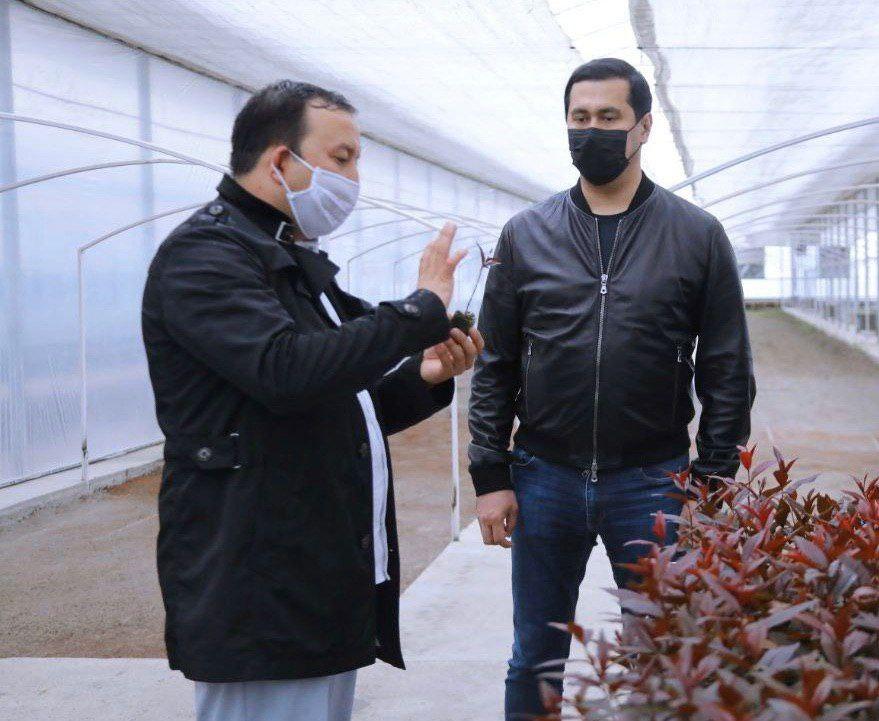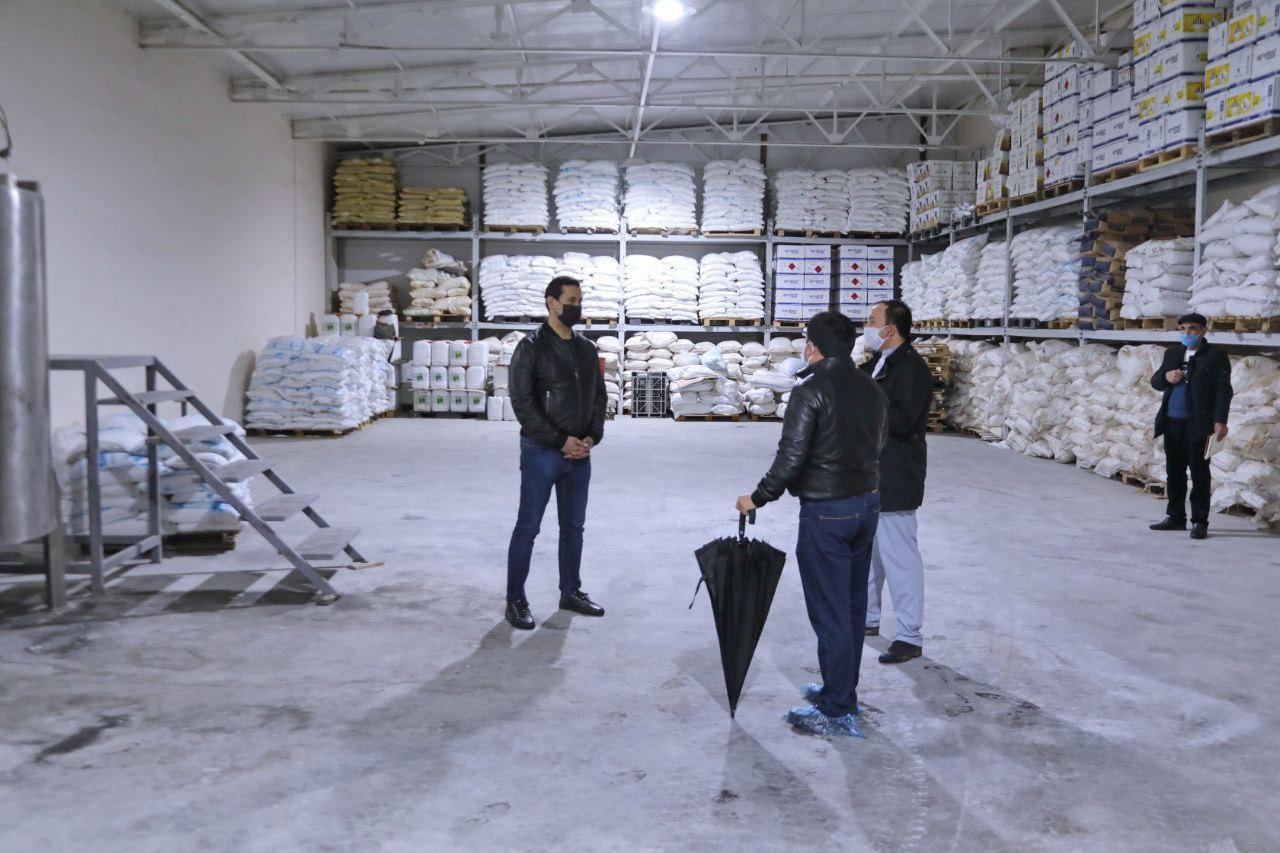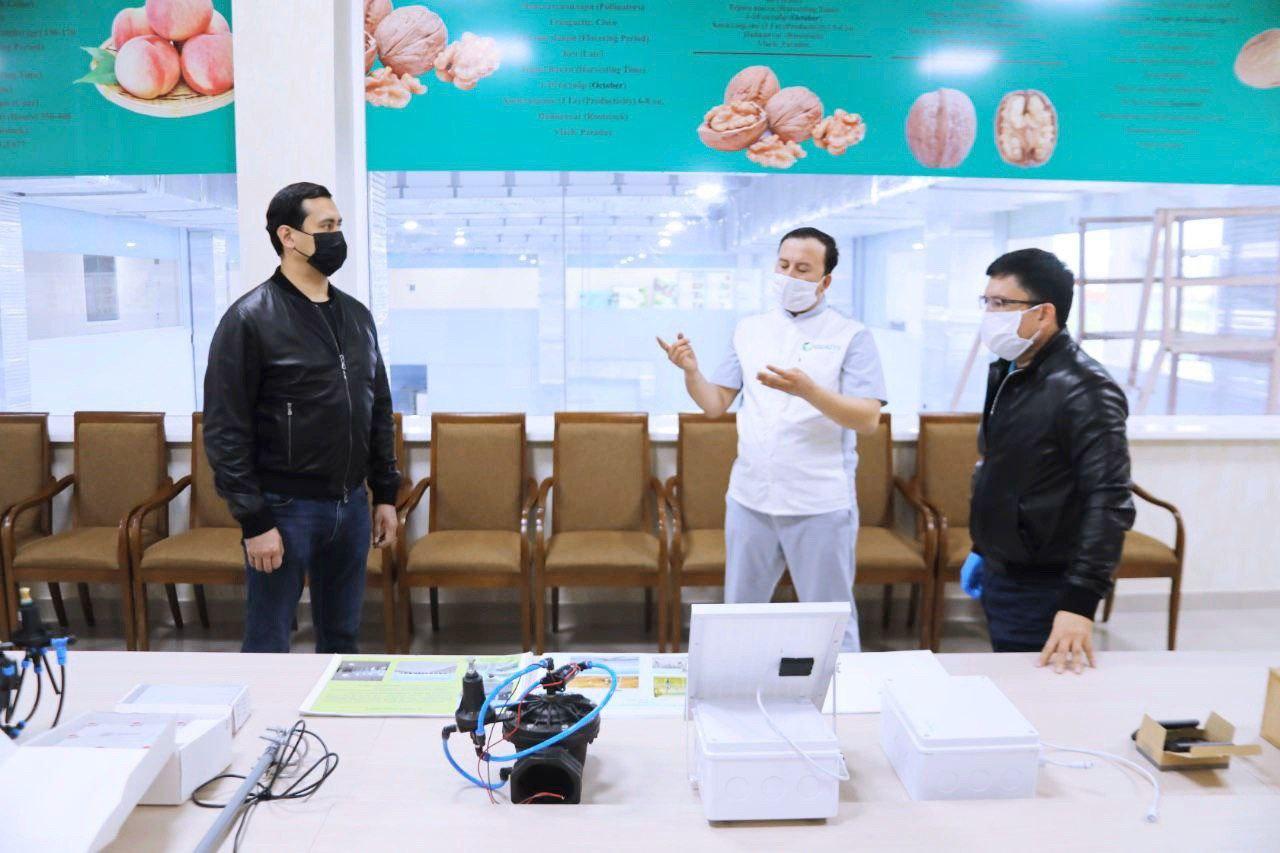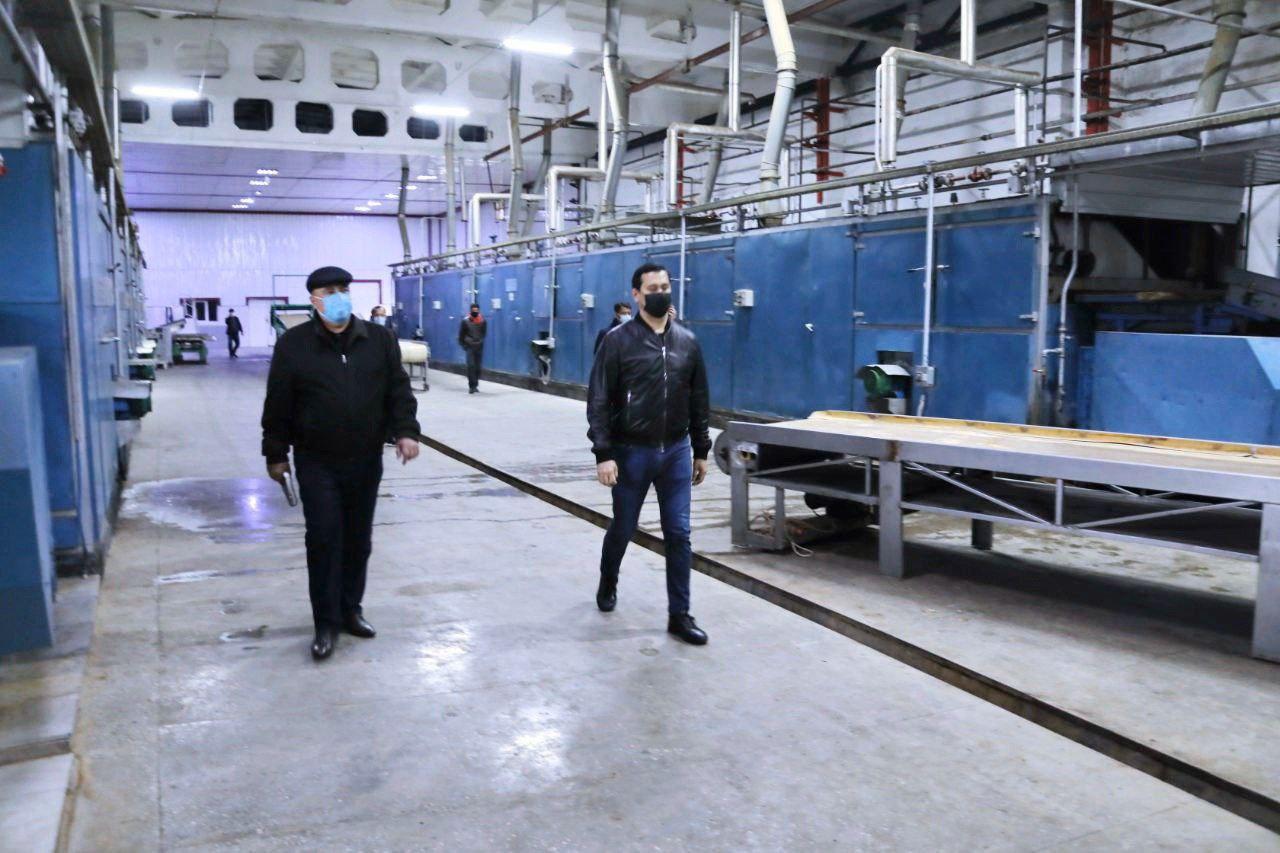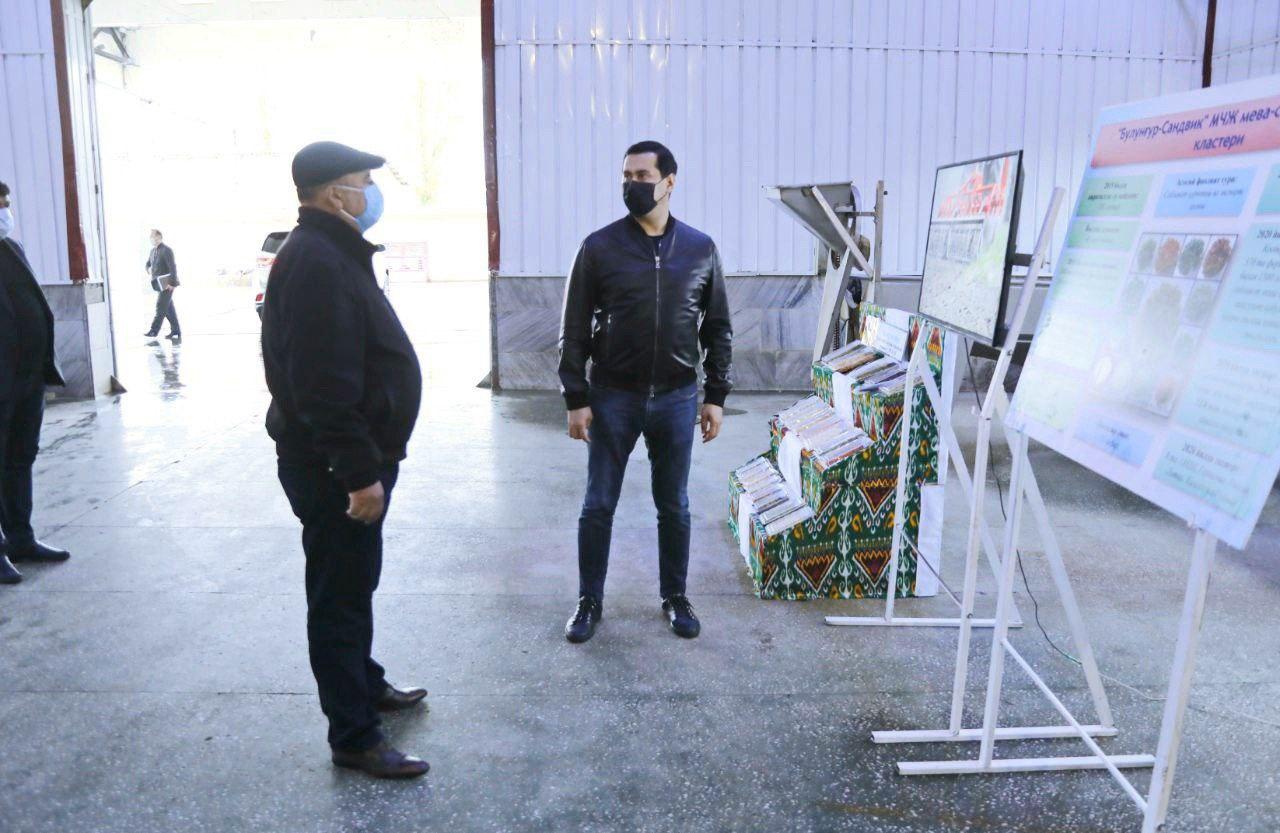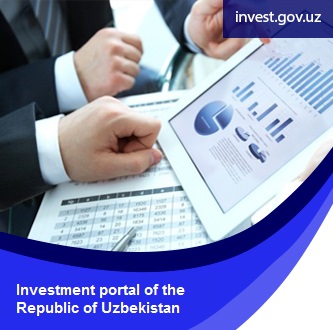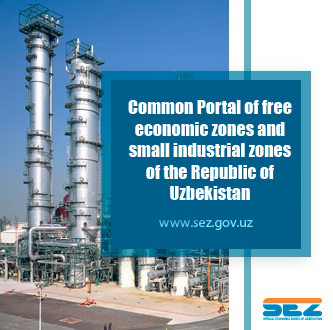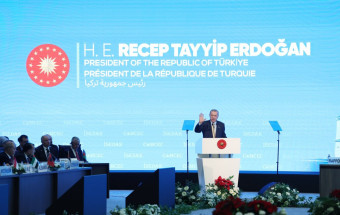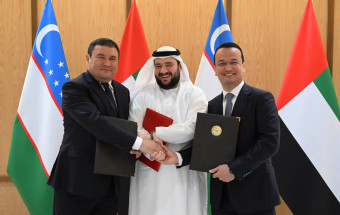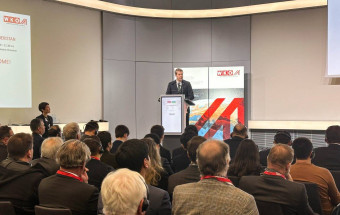The Republican Commission for Export Potential Development summed up the work in Samarkand region
On April 9-12 this year, the Republican Commission for Export Potential Development in regions and industries worked with entrepreneurs and exporters of Samarkand region to review current operation of enterprises and implementation of measures to mitigate the economic consequences of coronavirus pandemic and global crisis.
During the trip, the members of the Commission visited regional districts and cities. They worked out all issues and developed mechanisms to solve them with each entrepreneur and exporter on a one-time basis. They will daily monitor implementation of support measures by working groups including members of the Commission, representatives of ministries, departments, commercial banks and local authorities.
During the visit, the members reviewed operation of 732 enterprises implementing investment projects in Samarkand region. They identified 212 problems. 85 enterprises required lending resources, 60 needed extension of loan repayment term, 28 enterprises faced problems in the construction of roads, sales of goods and attraction of foreign partners, 21 had problems with connecting to utilities, 13 - problems in sending to Uzbekistan foreign experts for equipment installation, 3 required land, buildings and structures, and 2 needed delay in delivery and installation of production equipment. All identified problems were promptly resolved involving responsible government agencies and commercial banks.
The members separately considered operation of all 374 exporting enterprises of the region. They identified that 70 enterprises had problems requiring urgent solutions, including: 37 - difficulties in finding foreign purchasers and obtaining international certificates, 20 - the need for prolongation of interest payments on existing loans, and 13 - the need in additional lending resources to replenish working capital. All problems of exporters were also resolved through effective and non-standard mechanisms and their immediate implementation.
The members paid a particular attention to ‘Urgut’ FEZ, both to current state of existing enterprises and ongoing projects, and to its unused area. During the work, the Commission developed new project proposals for further practical implementation. The potential of Urgut’ FEZ is subject to deeper analysis. They set a task to develop additional project proposals to accelerate establishment of new export-oriented industries.
The members also studied cotton, fruit and vegetable clusters operating in the region, as well as developed measures to build up value chains by attracting advanced foreign intensive farming technologies, which increase output by increasing yields. Besides, there will be implemented a set of measures aimed at further stimulation of new cluster-type productions.
To widely involve households in entrepreneurship and create additional opportunities for population self-employment, the region will adopt mechanisms for cooperation in handicraft, as well as the development of viticulture, cultivation of pomegranates and seedlings of fruitful and ornamental crops, according to the successful model of Fergana region.
The heads of commercial banks, each assigned to a separate district (city) of the region with the specific task to develop and implement separate programs implementing projects to create new industrial enterprises with value added chains, received separate instructions.
The members of the Commission summed up the work in the region and left for Jizzakh region to further study operation of entrepreneurs and exporters.


